As temperatures rise, a functioning air conditioning system becomes essential for comfort and safety. Unfortunately, air conditioners can break down unexpectedly, leaving you sweltering in the heat. Knowing what to do in an emergency AC repair situation can help you stay calm and act swiftly, ensuring you get back to comfort as quickly as possible. This article outlines the steps to take when your AC breaks down, common issues that may arise, and tips for prevention and maintenance.
1. Recognize the Signs of an AC Breakdown
Your AC often exhibits warning signs before it completely fails. Recognizing these symptoms early can help you address the issue before it becomes a significant problem.
– Poor Airflow: If your AC blows warm air or has significantly reduced airflow, it may indicate a problem with the compressor, air ducts, or filters.
– Strange Noises: Unusual sounds such as grinding, squealing, or banging can signal mechanical issues within the unit that need immediate attention.
– Increased Energy Bills: A sudden spike in your energy bill without a corresponding increase in usage can suggest your AC is working harder than necessary, likely due to inefficiencies.
– Unpleasant Odors: Foul smells coming from your AC unit can indicate mold growth or burnt wiring, both of which require immediate attention.
2. Stay Calm and Turn Off the System
When your AC breaks down during a heat wave, it can be stressful. The first step is to remain calm. Turning off your air conditioning unit can prevent further damage. If you hear strange noises or smell something burning, switch off the unit immediately.
Pro Tip: Before turning off the system, ensure you know where the power switch is located or use the circuit breaker if necessary. This helps you avoid any electrical hazards.
3. Check Common Issues
Before calling for emergency repairs, take a moment to troubleshoot the problem. Here are some common issues you can check:
– Thermostat Settings: Check if your thermostat is set to “cool” and the temperature is lower than the current room temperature. Sometimes, an easy adjustment can fix the issue.
– Filters and Vents: Check your air filters and vents for clogs. Dirty filters can restrict airflow and cause your unit to work harder, leading to breakdowns. Replace or clean the filter if it appears dirty.
– Circuit Breaker: Inspect your home’s circuit breaker panel. If the breaker for your AC unit has tripped, resetting it may restore power. If it trips again, avoid resetting it multiple times and call a professional.
4. Contact a Professional
If troubleshooting does not resolve the issue, it’s time to contact a professional HVAC technician for emergency repairs. When you call, provide as much information as possible about the symptoms and any troubleshooting steps you’ve already taken. This helps the technician diagnose the problem more efficiently.
– Research Local Services: Look for HVAC services that offer emergency repairs in your area. Check online reviews and ratings to ensure you choose a reputable company.
– Ask About Response Times: When contacting a repair service, inquire about their response times. Many companies offer 24/7 emergency services, ensuring you receive prompt assistance during extreme heat.
5. Understand Common Emergency Repairs
Emergency air conditioner repairs can vary widely depending on the issue at hand. Here are some common problems that technicians often encounter:
– Refrigerant Leaks: Low refrigerant levels will make your AC blow warm air. Technicians will identify and repair the leak, then recharge the system with the correct amount of refrigerant.
– Compressor Failure: The compressor is the heart of your AC system, and if it fails, your unit won’t cool. This repair can be costly, and in some cases, replacing the entire unit may be more economical.
– Electrical Issues: Faulty wiring, tripped breakers, or blown fuses can prevent your AC from functioning. Technicians will troubleshoot the electrical components to restore power safely.
– Clogged Drain Lines: Clogged condensate drain lines can cause water damage and prevent your AC from cooling properly. Technicians will clear the lines to ensure proper drainage.
6. Post-Repair Tips
After your emergency repair is complete, there are several steps you can take to ensure your AC continues to operate efficiently:
– Schedule Regular Maintenance: Regular maintenance can prevent future emergencies. Schedule annual check-ups with a qualified technician to keep your system in top shape.
– Change Filters Regularly: Set a reminder to change or clean your air filters every 1-3 months, depending on usage. This simple task can significantly improve airflow and efficiency.
– Monitor Performance: After repairs, pay attention to your AC’s performance. If you notice any unusual signs or symptoms, contact your technician immediately.
7. Emergency Preparedness
Finally, it’s essential to be prepared for future AC emergencies. Here are some tips to help you stay cool during extreme heat:
– Invest in Fans: Ceiling fans and portable fans can help circulate air and keep your home cooler when your AC is not working.
– Create a Cool Space: If your AC fails, find a cool area in your home, like a basement or a shaded room, to stay comfortable until repairs are complete.
– Stay Hydrated: Drink plenty of water to stay cool and prevent heat-related illnesses.
Experiencing an AC breakdown during the heat can be stressful, but knowing what to do can help you manage the situation effectively. From recognizing warning signs to calling for emergency AC repair, taking proactive steps ensures you get your cooling system back up and running quickly. Remember, regular maintenance is key to preventing future emergencies, so prioritize care for your air conditioning system.
Don’t suffer in the heat! For a reliable emergency AC repair, contact Harlen Johnson Heating and AC at (972) 241-7771. Our experts are ready to restore your comfort today!
 Schedule a Service
Schedule a Service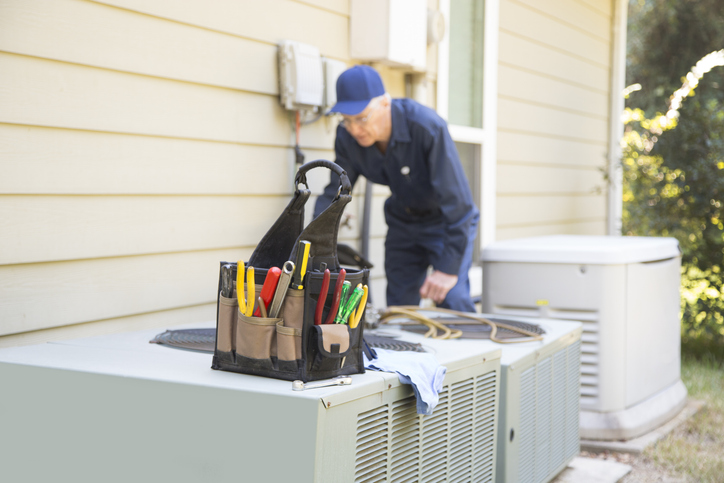

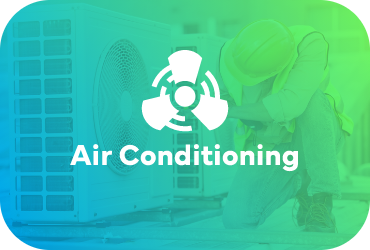
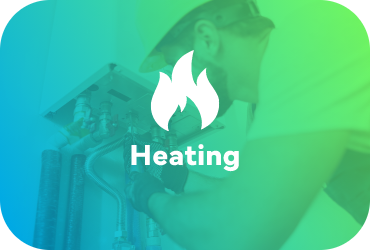
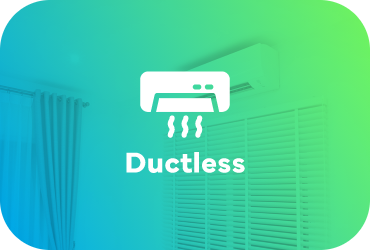
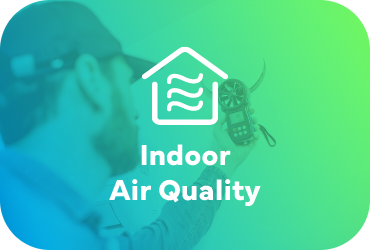
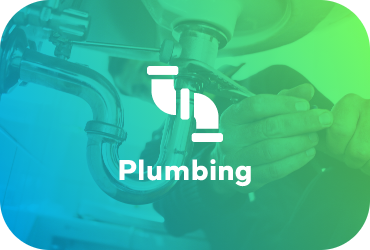
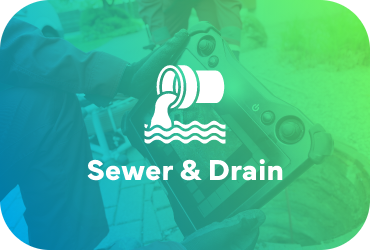

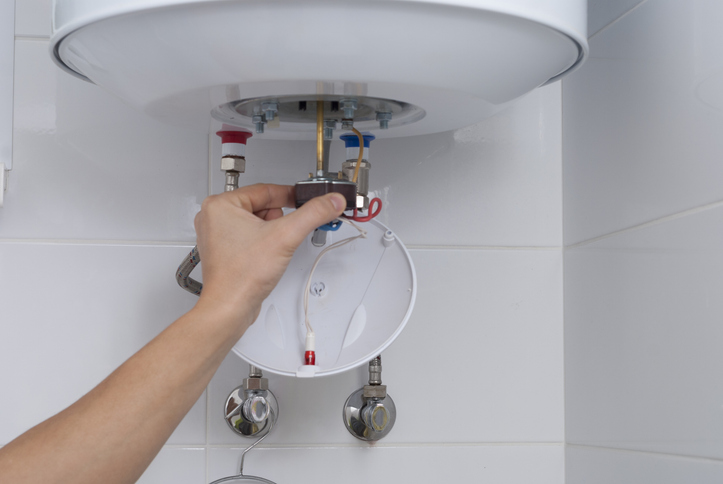
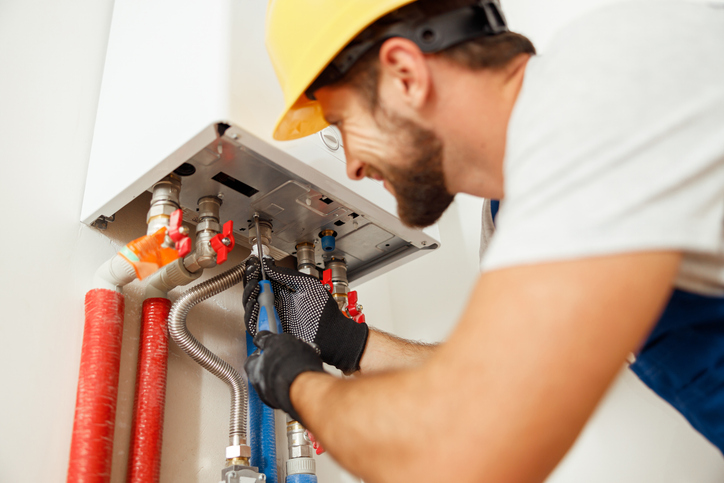
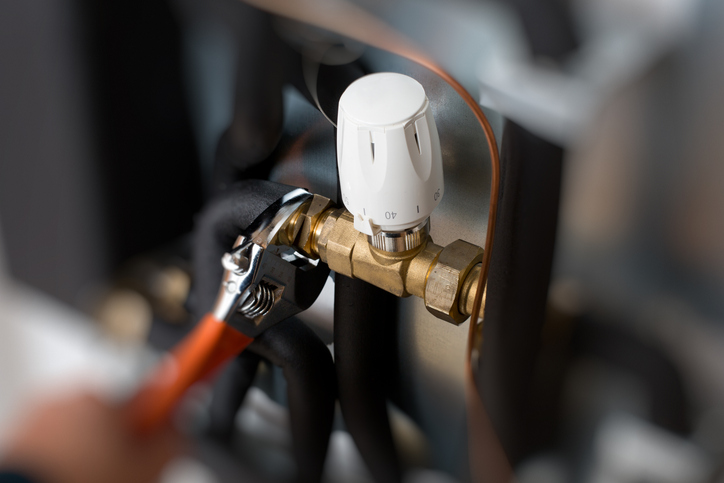
 Call Us 972-241-7771
Call Us 972-241-7771
